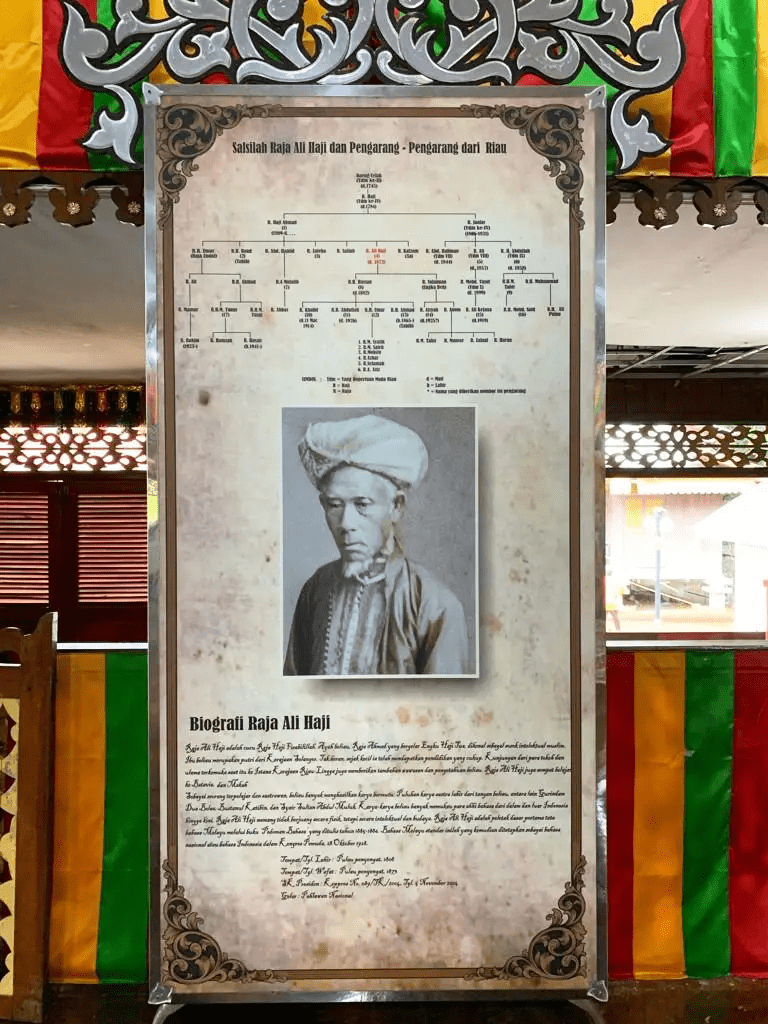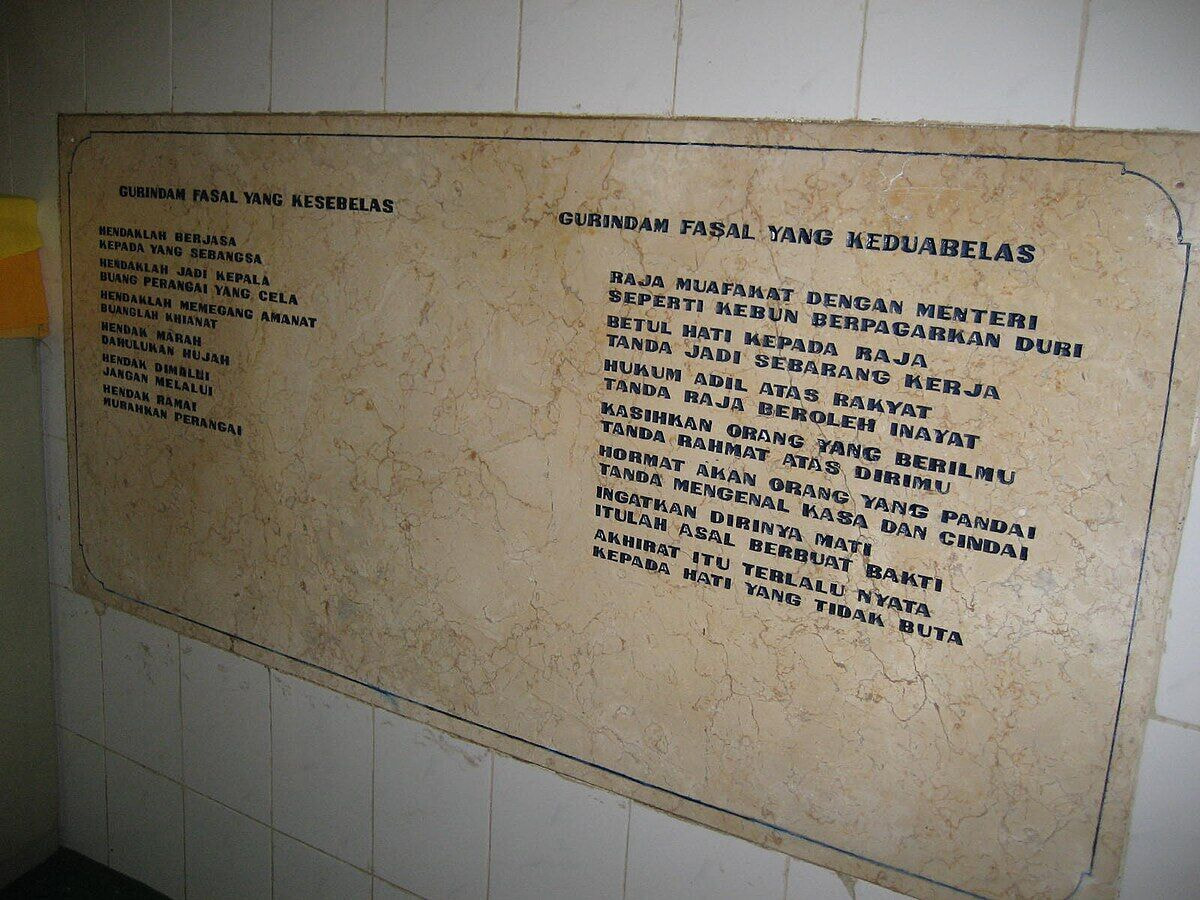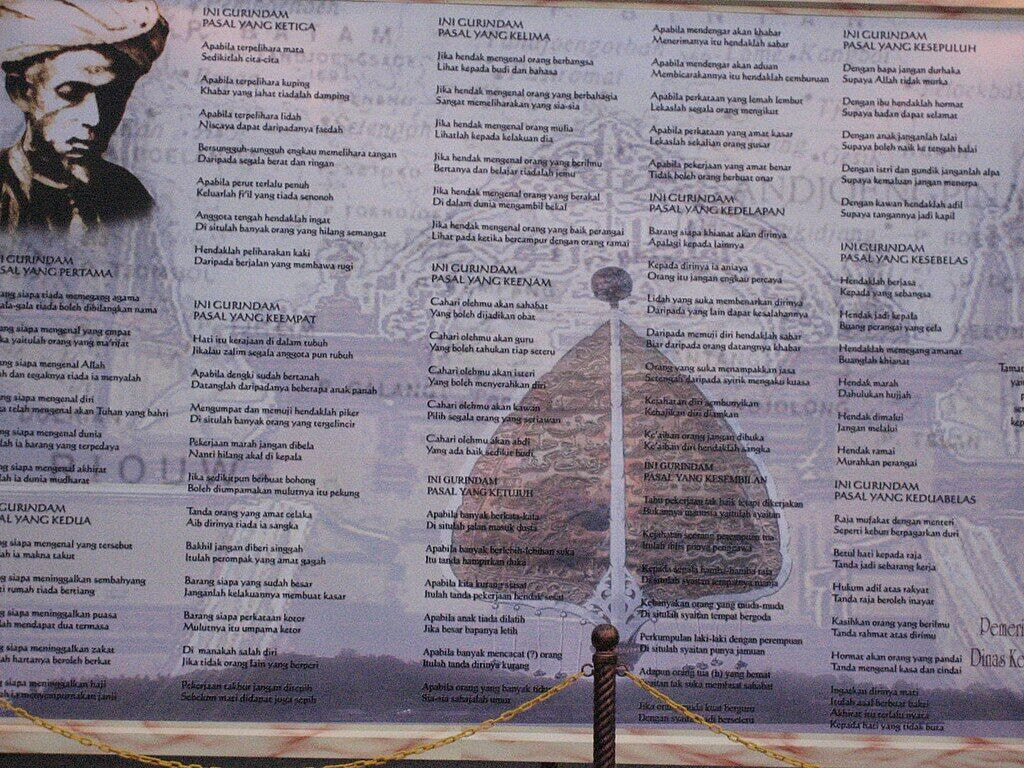About the Author
Raja Izz
Raja Izz (MBA) is the co-founder and Editor-in-Chief of Gentleman's Code (GC), a publication that champions elegance and refined living.
Since its inception in 2018, under Raja Izz’s leadership, GC has reached remarkable milestones, including being recognized as one of the Top 20 Digital Men’s Magazines by Feedspot in 2025 and ranking #1 for “Elegant Man” by Google in the same year.
The magazine has also played a pivotal role in celebrating and defining the modern gentleman, with notable recognitions such as the GC Man of the Year and GC Elegant Man awards.
With his signature blend of gravitas and grace, Raja Izz does not seek the spotlight. Instead, he builds the platform—for others to rise, for values to return, and for men to remember who they once aspired to be.







